She loved her children but the firm was the priority
As a mother, the Queen was a devoted, if distant, presence who preferred to avoid confrontation with her four children.

One day when Prince Charles was a small boy, he passed his mother’s study in Buckingham Palace and asked her to come and play with him. Gently closing the door on him, she said: “If only I could.”
Charles is not the only person to have had a mother who, at times, was too busy to give him her full attention. But the Queen’s relationship with her eldest son, and the feeling of emotional distance that Charles says he experienced, were over the years a source of some friction not just between the prince and his parents, but also between Charles and his siblings. Did he simply complain too much? And was the detachment that he so resented merely a reflection of how upper-class families of the time brought up their children, with much of the hard work done by nannies, nurses and governesses?
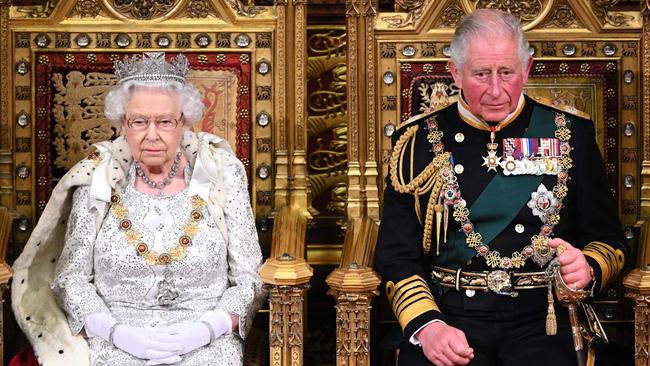
It was Jonathan Dimbleby who laid out in the starkest terms Charles’s feelings about his upbringing. In his biography of the prince he wrote of Charles as a young adult: “Though he was too proud to admit it, the prince still craved the affection and appreciation that his father – and his mother – seemed unable or unwilling to proffer.”
They were harsh words, which were swiftly denied by his siblings. Princess Anne said in an interview: “I simply don’t believe that there is any evidence whatsoever to suggest that she wasn’t caring. It just beggars belief … I don’t believe that any of us, for a second, thought she didn’t care for us in exactly the same way as any other mother did.”
Princess Elizabeth certainly set out with good intentions. The infant Charles had two nurses but before he was born she declared: “I’m going to be the child’s mother, not the nurses.”
She was devoted to Charles, but was happy to leave him in the care of his nurses for much of the time. Charles, and later Anne, would have half an hour with his mother in the morning, and another couple of hours in the evening. She would give the children their bath, schedule permitting.
She was torn, however, between the demands of her constitutional duties and her role as a mother, and duty always came first.
Shortly after Charles turned one she spent some time in Malta with Prince Philip, who was stationed there with the navy. Charles spent his second Christmas with his grandparents at Sandringham. When Elizabeth returned, instead of rushing to Norfolk to see her little boy, she spent four days in London dealing with a backlog of correspondence and carrying out engagements, including a day at the races.
When he was five, she and Philip went on a long tour of the Commonwealth. On their return, Charles attempted to join the line of dignitaries waiting to shake her by the hand. “No, not you, dear,” she said to the son whom she had not seen for five months.
The Queen left decisions on family matters to Philip, who insisted that Charles go to Gordonstoun in Moray, where he was miserable. Eton, he argued – where with hindsight Charles might have been happier – was too close to home, and too close to Fleet Street. Gordonstoun fitted in with his view that toughness was the key to survival, and Charles needed to toughen up. Philip, when asked how Charles was taking to the school, replied: “Well, he hasn’t run away yet.”
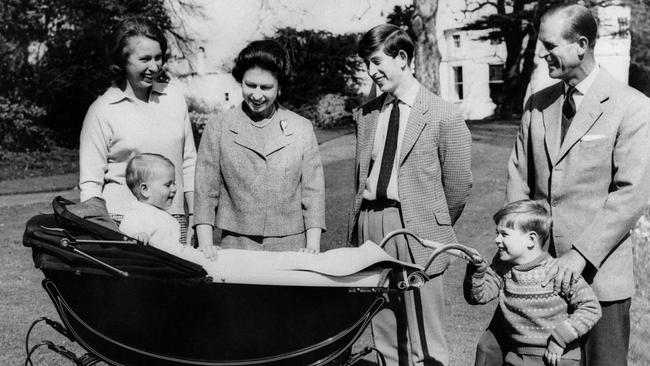
But Charles’s childhood was far from miserable. Lady Kennard, a childhood friend of the Queen and Philip, told Gyles Brandreth how she recalled “lots of fun and games, lots of laughter”. She said: “The Queen and Prince Philip were good parents, really good parents, always interested in their children and always actively involved.”
As he grew up, however, Charles felt a gulf open up between them. It was partly a matter of physical separation – after Cambridge, Charles spent a lot of time away in the navy – but also a more fundamental lack of communication on a personal level. On a superficial level their relationship was free and easy but the Queen, a reserved woman, did not find it easy to talk about anything more serious and intimate.
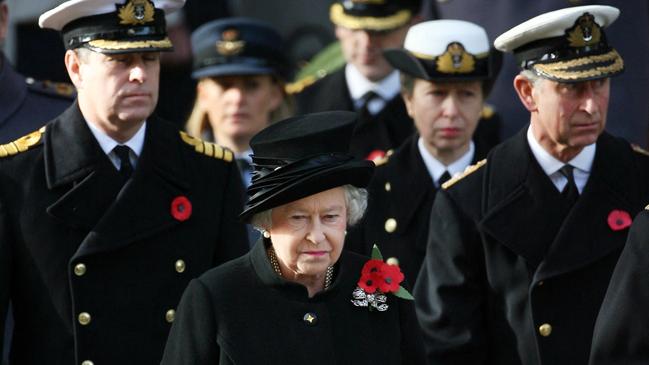
Her biographer Sarah Bradford wrote that she would sometimes complain that her children “never talked to her”, seemingly not realising that the initiative could lie with her.
When Anne as a young woman had a number of brushes with the media, including the occasion when she told two reporters from the Daily Mirror to “piss off”, a courtier suggested to the Queen that she ought to talk to her daughter about her language. She replied gloomily: “I suppose it’ll have to be me that does it.”
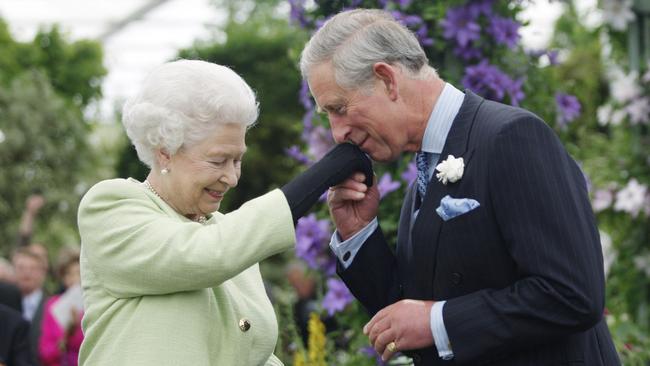
There was a 10-year gap between her first two children and her last two, and when Prince Andrew and Prince Edward were born the Queen took time off to be more closely involved with their upbringing. By then she seemed to be relaxed around her children. “She was a less natural mother with Charles and Anne,” one helper suggested, “whereas she was much more the besotted parent with Andrew and Edward.”
The legacy of the Queen’s relationship with her eldest son continued to have repercussions for years to come.
When Charles was setting up the Prince’s Trust, he resented attempts by the palace to rein in his enthusiasm. Later, when his marriage to Princess Diana was collapsing, he felt unable to turn to his parents to discuss what Dimbleby called “the misery of his private life”. His biographer, with Charles’s implicit approval, wrote: “The emotional gulf between the prince and his parents was hard to bridge, while communication between them was normally limited to the exchange of social pleasantries and the formal business of family enterprise. In the family, only his grandmother seemed able to give him the understanding and support for which he had always turned to her.”
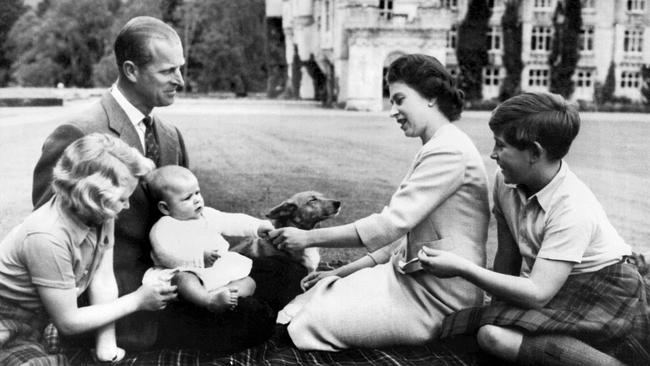
Whether all this was exaggerated – not least in an attempt to excuse Charles’s return to his mistress, Camilla – is arguable: and there are some writers, including Brandreth, who believe that the Queen and Philip were better parents than Charles gives them credit for. Either way, his public portrayal of their perceived failings was received badly by the family. Anne, Andrew and Edward were outraged, and told him so. The Queen put a brave face on it, but those close to her say she was deeply wounded.
In the view of some friends, if the Queen had a fault as a parent it was being too tolerant, while Philip was too tough, particularly on Charles. She also had a tendency to avoid confrontation. But there were times when it could not be avoided, and when the situation demanded it she could prove surprisingly tough with her children. It has been claimed that Andrew is her favourite child, a possibly flimsy assertion, but when he sabotaged his already tarnished reputation with a disastrous interview about the Jeffrey Epstein scandal, she wasted little time in deciding that he had to step down from public duties. On that she may have been encouraged by Charles, but the final decision was hers.
It was the reiteration of a theme that has run through her adult life: she loved her family, but the institution of the monarchy came first.
– The Times

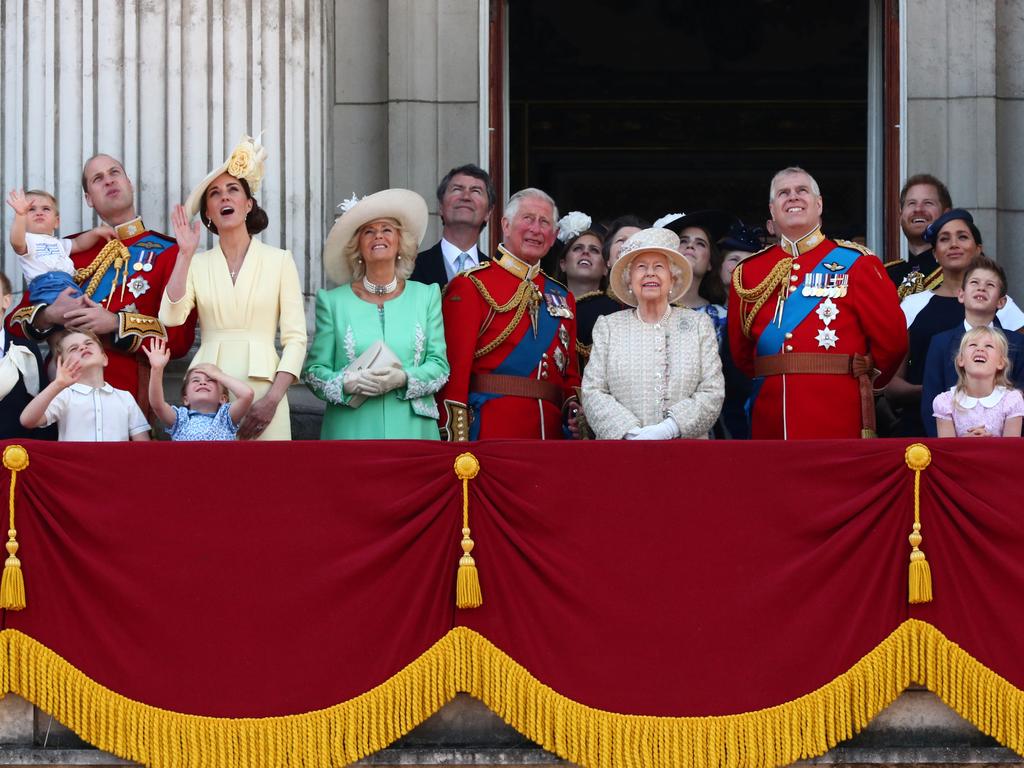
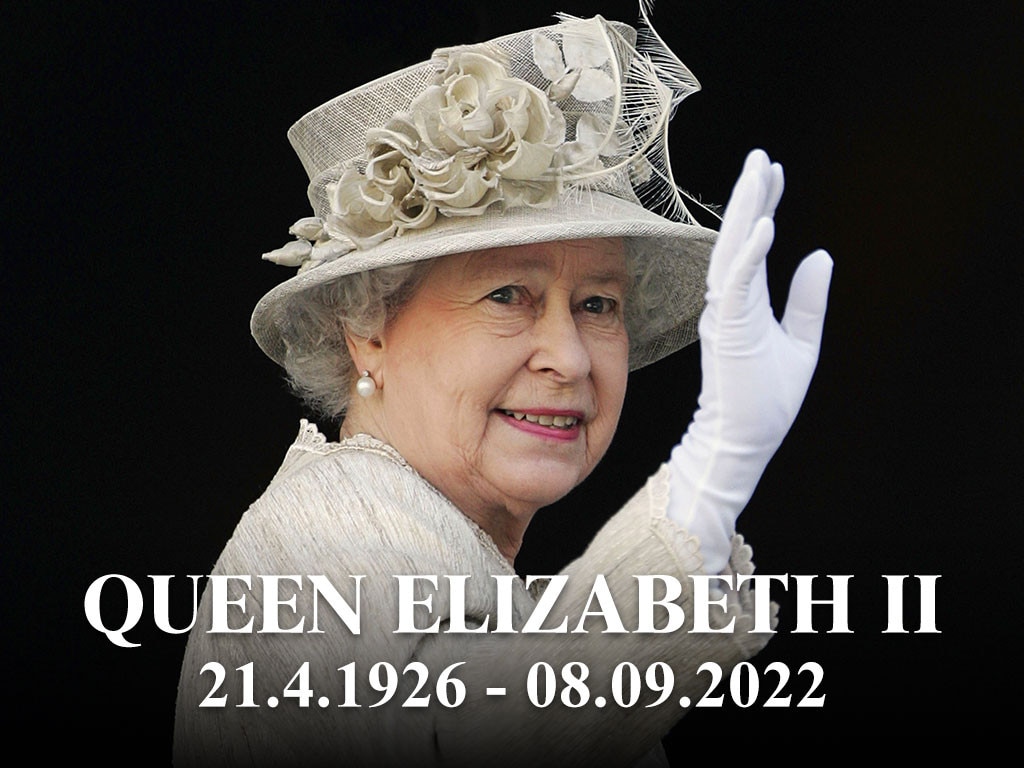
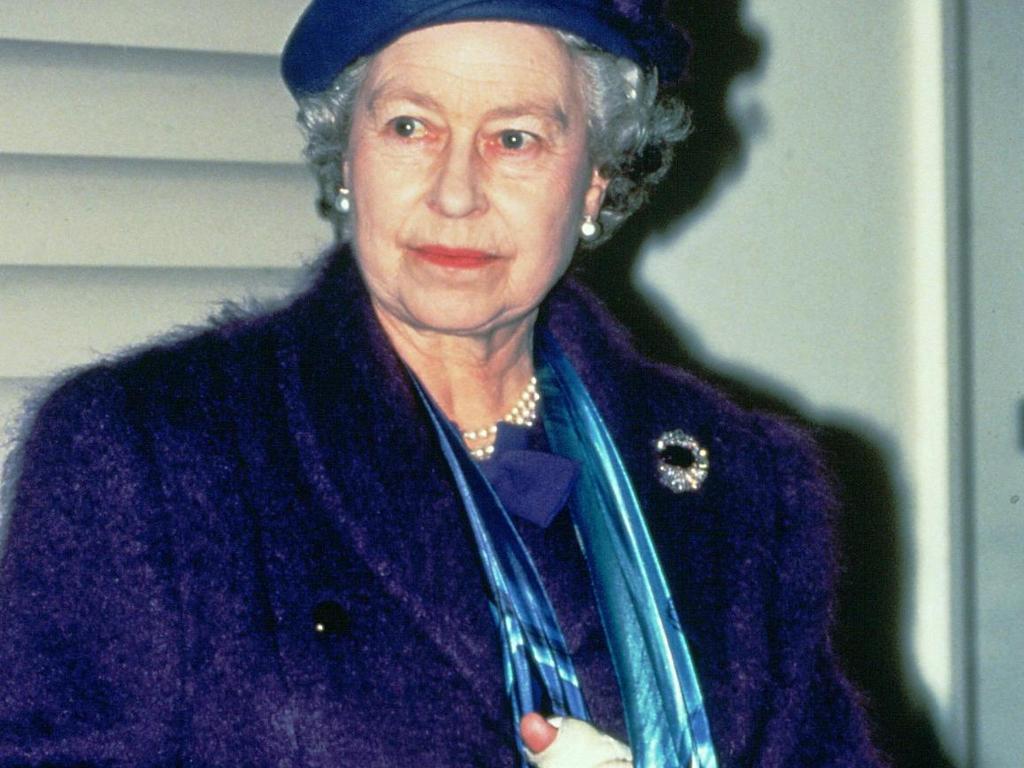


To join the conversation, please log in. Don't have an account? Register
Join the conversation, you are commenting as Logout